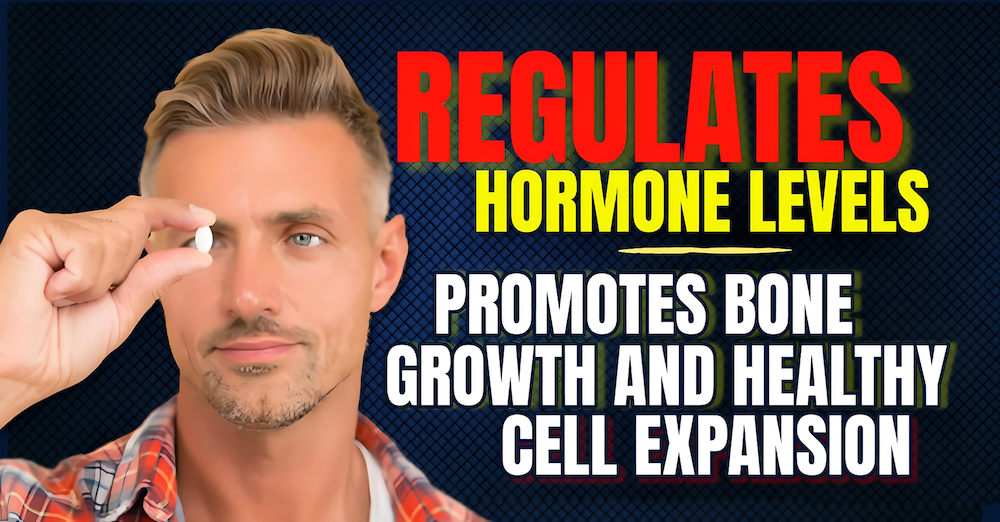
My friend Cinthia survives from one cold to another but refuses to take vitamins. Whenever we bring up the topic, she laughs and tells me they are unnecessary. I’ve even tried to explain how vital vitamin A is for our health, but she’s not interested.
Vitamin A deficiency can cause symptoms such as fatigue, vision problems in low light, eye itchiness, nasal inflammation, coughing, respiratory illnesses, and infertility.
Your grandmother may have said, “Eating carrots improves your eyesight.” The claim that carrots contain carotenoids that are converted into vitamin A by the liver to strengthen the tissues lining the eyes, lungs, and digestive tract is accurate. Vitamin A deficiency weakens these linings, increasing the likelihood of harmful bacteria causing infections.

The body needs vitamin A, around 5,000 IU per day, for healthy eyes and skin, to prevent premature aging, and to strengthen the immune system. (*)
1️⃣ Fertility and reproduction. Vitamin A is crucial for a child’s growth during and after pregnancy. Insufficient intake of vitamin A by the mother can escalate the child’s vulnerability to life-threatening illnesses such as diarrhea, measles, and respiratory infections, potentially leading to fatal consequences. Meanwhile, a lack of vitamin A affects sperm quality.
2️⃣ Enhances the immune system. The intestinal wall relies on vitamin A to form or maintain cells. This barrier is crucial to keeping pathogens away from vital organs. Even a mild vitamin A deficiency increases the risk of respiratory diseases and diarrhea.
3️⃣ Radiant skin. Vitamin A protects skin cells from oxidative damage, such as UV rays. As a result, it can slow down the aging process, stimulate skin renewal, smooth it, and counteract acne. Moreover, foods rich in vitamin A are high in collagen, a fundamental component of healthy skin.
4️⃣ Better vision. Retinol is a vitamin A-derived compound that improves skin texture, appearance, and eye health. Therefore, it may not be a coincidence that we have the “retina” in our eyes. Damage to the retina due to oxidative stress is the most common cause of vision loss in older adults.







